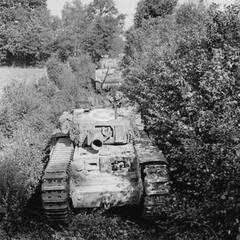With Christmas fast approaching, Changing my profile picture to commemorate the Christmas cease fires of World War One.
In the evening of December 24, 1914, British soldiers saw that something strange was happening on the frontline near Ypres: the enemy trenches were decorated with an ocean of small candles. The German soldiers started to sing Stille Nacht, Heilige Nacht (a Christmas carol written by Joseph Mohr and Franz Gruber in 1818). The British listened to the end of the song and then sang it themselves. The Germans greeted them with thunderous applause.
In other parts of the frontline, German and English soldiers left their trenches, exchanged souvenirs and food, sang Christmas carols, and attended to their fallen.
The Christmas truce was held mainly by British and German units, however. The French were less inclined to fraternize with invaders due to the fact the Germans were occupying their homeland and turning a great many of their cities and villages into ruins.
The authorities' reactions to the Christmas fraternization was different. The British newspapers published numerous letters that soldiers sent to their families, telling them about the miraculous truce. Both leading national newspapers, the Daily Mirror and Daily Sketch, printed photographs of British and German troops fraternizing with each other. The tone of the reports was mainly positive. Meanwhile, the German newspapers did not cover the event, all letters from the front were severely censored, and soldiers were forbidden to write about the truce. The French press reported that all cases of fraternization happened only in those sectors along the front where the British and Germans faced each other, and French soldiers did not take part in them at all.


